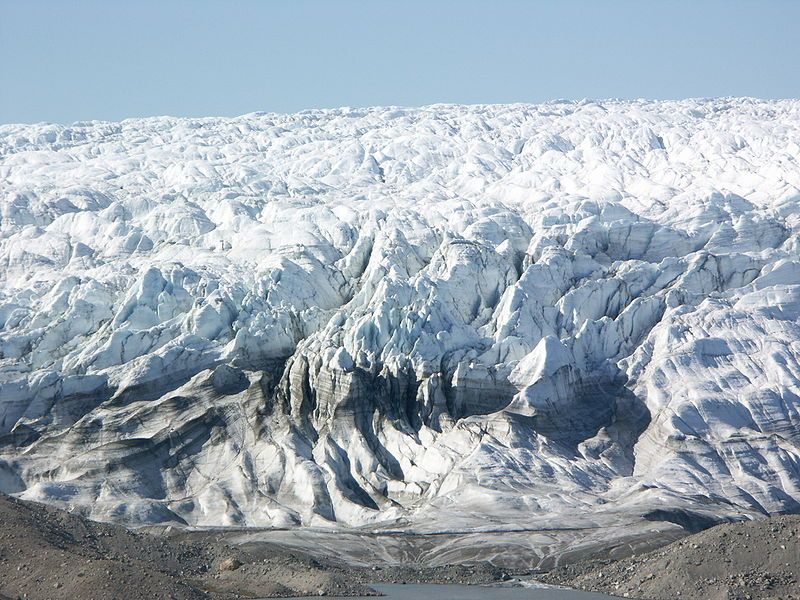Greenland sees widespread surface melt
Satellites have shown surface melting over the vast majority of Greenland, an event that has not been seen on the landmass since 1889

Satellites have shown surface melting over the vast majority of Greenland, an event that has not been seen on the landmass since 1889. With melting even at Greenland’s coldest and highest point, everyone wants to know if this is due to man made climate change, or just a rare weather event.
Thawing normally occurs across around half the land mass over the height of the summer period, but over four days from the 8th July, 97% of the surface area of the country experienced melting. Surface melting means that just a thin amount of surface ice has melted over what is in some places a two mile thick block of ice, yet this is extremely unusual.
There has been an unusual amount of high pressure systems over Greenland this summer, and it is possible this is down to changes in the jet stream, which could in itself be caused by shrinking Arctic ice.
In itself, the event will not immediately change the region. Very little of the mass of the ice sheets will have been lost, as much of the melt will have refrozen by now. Further, events like this tend to happen once every 150 years, according to ice core records. If these melt events start to occur more regularly, there will be much more cause for concern.
The news however, come just days after the Petermann glacier shed a massive iceberg, and the catalog of unusual events in the region are adding up to a worrying situation. So despite the possibility that this could be a freak natural event, it would be foolish to discount the possible human footprint on these latest developments.
